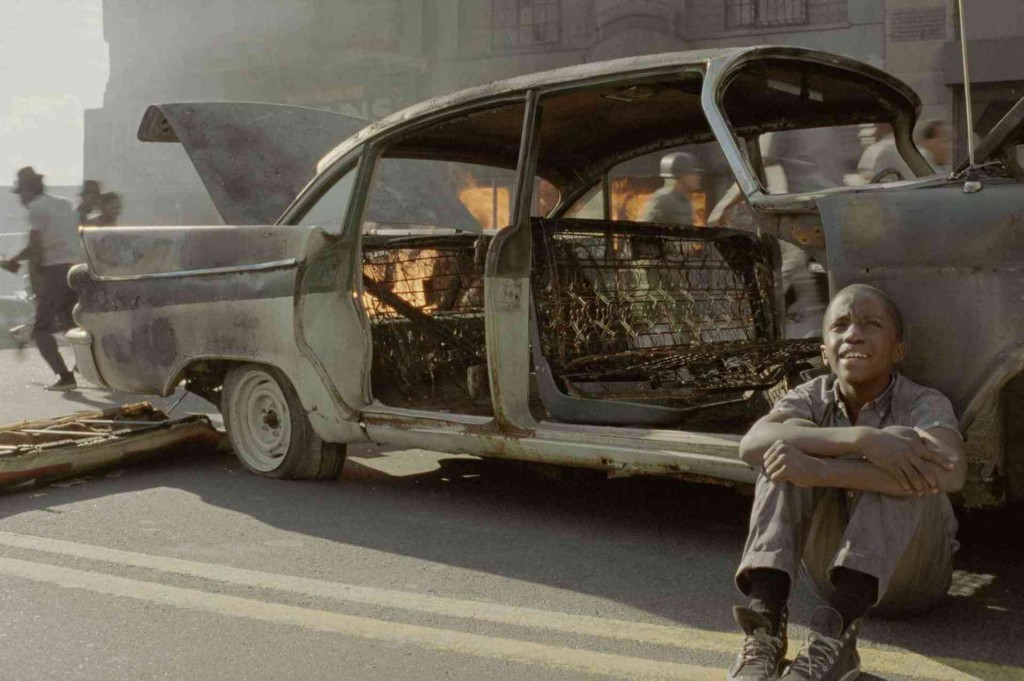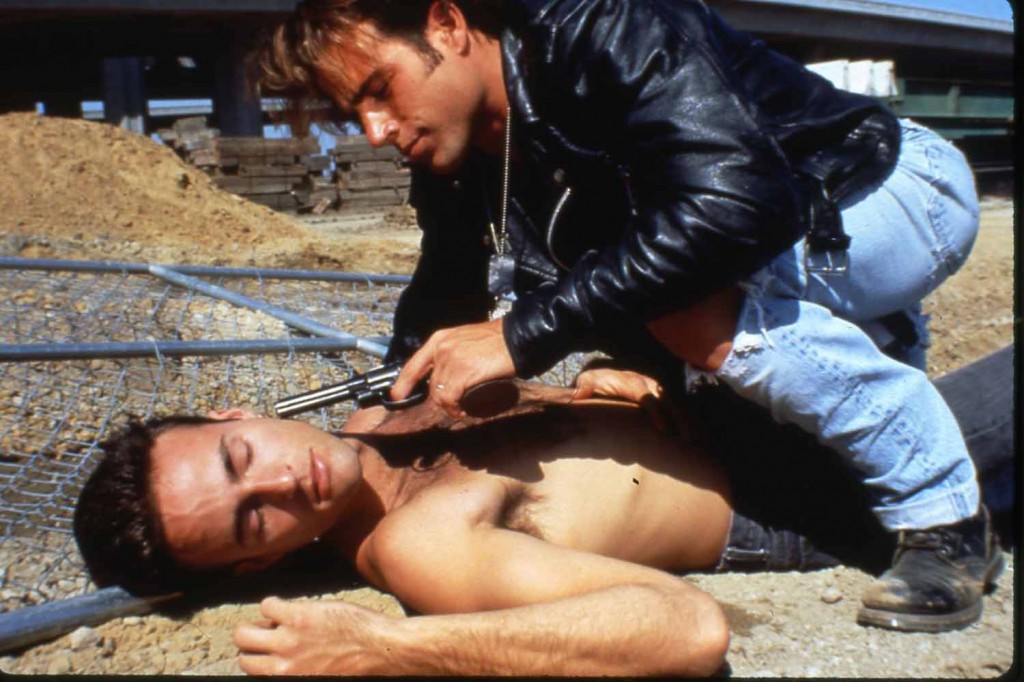 Cinemulatto makes a point of watching as many movies as possible—regardless of how I know I’ll feel about them, and oftentimes without knowing the plot, premise, or leading actors. In fact, I now prefer recommendations based simply on a title. “Watch Gattaca” is all I need to add it to my list of over 1,000 to-be-watched movies (Netflix only allows for 500 titles in a queue).
Cinemulatto makes a point of watching as many movies as possible—regardless of how I know I’ll feel about them, and oftentimes without knowing the plot, premise, or leading actors. In fact, I now prefer recommendations based simply on a title. “Watch Gattaca” is all I need to add it to my list of over 1,000 to-be-watched movies (Netflix only allows for 500 titles in a queue).
Some of these even go through multiple viewings. Cinemulatto believes in second chances—hell, sometimes third chances. In doing so, it’s frequently the case that an opinion changes. Here are a few examples.
Clay Pigeons (David Dobkin) – loved it then hated it
Okay, I saw this in 1998, when I think my movie standards were a bit lower, but still. I had by then discovered the likes of Werner Herzog and Alejandro Jodorowsky, even David Lynch, so I should’ve known better. Perhaps it was because I was in love and saw it with my partner at the time. Flash forward to about 10 years later—hated it. Cheesy and forced.
Apocalypse Now (Francis Ford Coppola) – hated it then loved it
I know, I know—this is a classic film by a legendary director. When I first saw it in college, however (sometime between 1987 and 1991) I thought it was slow and boring. I fell asleep. I think this must’ve been before the aforementioned discovery of Herzog, Jodorowsky, and Lynch. Ironically, I also found it difficult reading Heart of Darkness until after I graduated from college. I blame it on being partially raised on movies like Purple Rain. Still, when I was intellectually and emotionally mature enough to appreciate both the movie and the novella on which it’s based, it dramatically broadened my cinematic and literary understanding.
I can blame it on Sylvester Breaux, right? Okay, maybe not.
2001: A Space Odyssey (Stanley Kubrick) – hated it then loved it
This falls into the same category as Apocalypse Now: watched it when I was too young, realized how great it is many years later. I grew to love it so much, in fact, that I recommended it to actors during pre-production and rehearsals for a couple of shorts I’ve done, not expecting to make the same movie, by any stretch (I need a few tens of millions for that), but with the hope of educating others who hadn’t seen it on its brilliance. Okay, so it’s a slow movie. But come on—the iconic bone-space station match cut? The epic score? The monolith? My obsession with this movie now runs deep!
Go Fish (Rose Troche) – loved it then hated it
Okay, I’ll probably get my queer card taken away for dissing this movie yet again, but gotta keep it honest! I love Rose Troche. I took a class with her through the former Film Arts Foundation in San Francisco that made me a way better filmmaker. I really liked The Safety of Objects and thought the episodes of The L Word that she directed were the best (see my thoughts on The L Word here).
If I remember correctly, I saw this in Palo Alto when it first came out. I remember my mind being blown, something along the lines of “Oh my God! A movie with lesbians! By lesbians! For lesbians!” I may have cried.
It still makes me cry but for very different reasons. The acting? Horrendous. The story? Yikes. The cinematography’s great. See, I said something positive. Give me my card back!
Across the Universe (Julie Taymor) – hated it, then loved it, then hated it
Cinemulatto watched this movie in a theatre during its initial release. As a die-hard Beatles fan, the expectations were low, and a feeling of dread quickly settled in as the camera cut to the stubbled, doleful-yet-cheeky face of Jim Sturgess singing the opening lyrics of “Girl.” I suffered through the next 2+ hours, either groaning, sighing, or laughing unintentionally. I liked I Am the Walrus sung by Bono on a Furthur imitation, but other than that I felt blasphemed.
Cut to a couple years later, watching the same movie on a large screen TV while visiting my brother in Davis. Maybe it was the quietude, or the TV, or my mood, but I fell in love with this movie. I reaffirmed Julie Taymor’s design genius, her sense of the absurd and the Artuadian and the Brueghelian and all the other artistic traditions I noted as I let myself feel like a museum-lurking art snob.
So yet another couple years later, I watched it a third time, mostly to study the shots and screenplay structure. My original hatred resurfaced. Even though I still loved the color palette of the Let It Be sequence and T.V. Carpio singing I Want to Hold Your Hand to another cheerleader, the closeted Prudence literally hiding in a closet caused more groans, the lack of metaphorical subtlety made me wince, and I wanted to slap Jim Sturgess. I don’t think I’ll give it a fourth try.
What re-watchings of yours caused a change of heart?
MULATTO OF THE MONTH: REGGIE WATTS
French-American-Black-White. Musician and comedian. Performance artist and deconstructionist. He calls himself a “disinformationist,” but above all else, Reggie Watts is hilarious and has fluffy hair. We’re partial to both fluffy hair and hilarity! If you’ve never seen him, check out his upcoming shows, or look him up on Netflix. If you have heard of him, tell us why. If you know him, introduce us.


